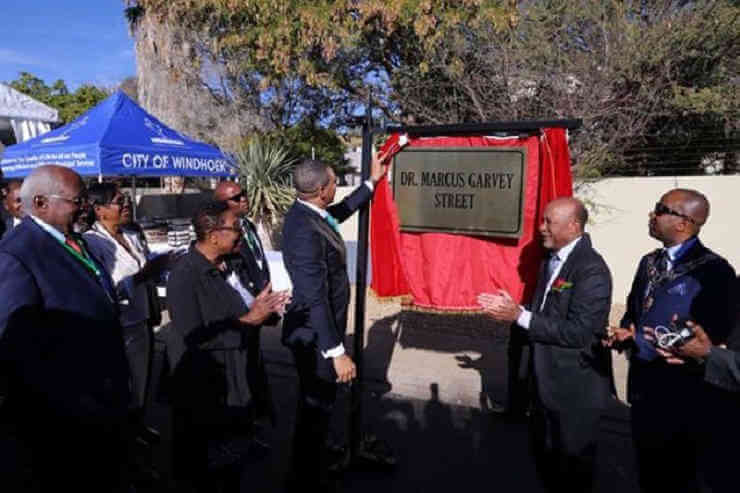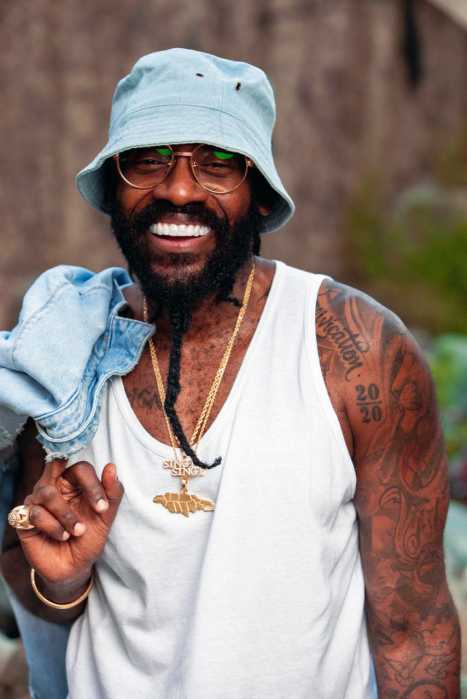Emancipation Day holds a special significance to the historic evolution of Jamaica.
Marked annually on Aug. 1, it is the date in 1838 that a proclamation declared freedom from slavery.
In remembrance of that storied occasion a jubilee annually commemorates the freedom of the African ancestors from enslavement.
“The event celebrates the spirit and triumphs of the ancestors and pays homage to their sacrifice by highlighting significant people, activities, events and creations along the road to freedom,” a press release from the government stated.
“Jubilee remains one of our most important celebrations,” Olivia Grange, minister of culture, gender, entertainment and sport said, “It is one of the most worthy commemorations on our national calendar.”
According to Grange, the Emancipation Jubilee “calls us to remember all those who resisted slavery, who fought the oppressive system, who gave their lives in pursuit of the freedoms we enjoy today — and whom we must continue to honor.”
Marked by traditional drumming and dancing, traditional Jamaican food, floral tributes to the ancestors, vigils, and a display of artifacts, a major feature of the day’s event is the re-enactment of the reading of the Proclamation of Freedom which granted freedom from enslavement to all the inhabitants of Jamaica.
During a ceremony slated for Seville Heritage Park in St. Ann, rituals and other tributes to the ancestors will commemorate the date.
According to Grange, Emancipation Jubilee “calls us to remember all those who resisted slavery, who fought the oppressive system, who gave their lives in pursuit of the freedoms we enjoy today — and whom we must continue to honor.”
On the 180th anniversary of full freedom it is “an opportune time to reflect on the liberation mission, to review our knowledge of the emancipation struggle and to present findings from historical and archaeological research about the nature of the movement and the people who led it from conception to execution.”
Grange who recently returned to the island after accompanying Prime Minister Andrew Holness to Namibia, Africa was reportedly devoted to revitalizing the activities of the day. She insisted that the reformed program she installed will be more relevant, participatory, inclusive and inspirational because it now highlights the best of Jamaica’s culture, values and the achievements of her proud people.
While in Namibia, the two ambassadors witnessed the naming of a street in honor of Marcus Mosiah Garvey, the island’s first national hero.
Unveiled in the capital city of Windhoek on July 25, the ceremony was witnessed by his son Dr. Julius Garvey exactly one week before Emancipation Day.
“We in Jamaica are extremely proud yet deeply humbled that you have chosen to honor one of our own in this tangible way. This great gesture will undoubtedly create curiosity among future generations, as they seek answers to the question, who was Marcus Garvey,” Prime Minister Holness said.
“It is a symbol of our geo cultural and spiritual unification. Further it is important for those of us African peoples dispersed far afield in places like the Caribbean and the Americas to have the opportunity to join in a gesture that re-establishes the original bonds of family and shared destinies. It is a truly good feeling that augurs well for on-going and future collaboration.”



























